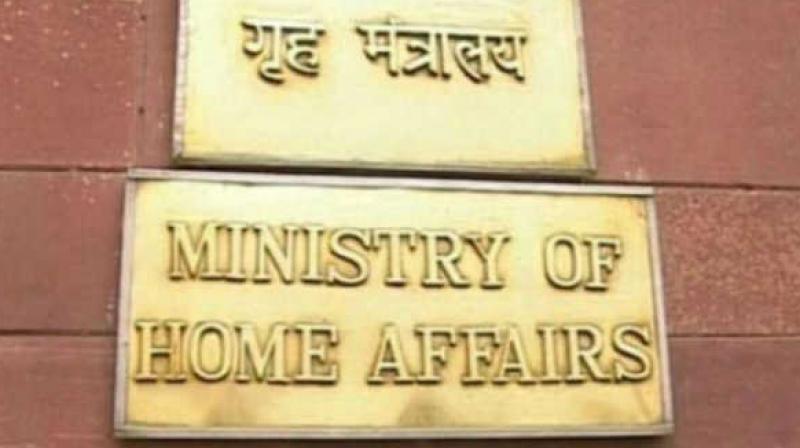Govt empowers security, intelligence agencies for mass surveillance
10 central intelligence agencies are now empowered under the Information Technology Act, 2000, for computer interception and analysis.

New Delhi: The Centre on Friday authorised select security and intelligence agencies for purposes of interception, monitoring and decryption of any information generated, transmitted, received or stored in any computer resource.
The agencies empowered by the government in accordance with the Information Technology Act, 2000, include the Intelligence Bureau (IB), Narcotics Control Bureau, Enforcement Directorate (ED), Central Board of Direct Taxes (CBDT), Directorate of Revenue Intelligence (DRI), Central Bureau of Investigation (CBI). National Investigation Agency (NIA), Cabinet Secretariat (RAW) and the Commissioner of Police, Delhi.
"In exercise of the powers conferred by sub-section (1) of section 69 of the Information Technology Act, 2000 (21 of 2000) read with rule 4 of the Information Technology ( Procedure and Safeguards for Interception, Monitoring and Decryption of Information) Rules, 2009, the Competent Authority hereby authorises Security and Intelligence Agencies for the purposes of interception, monitoring and decryption of any information generated, transmitted, received or stored in any computer resource under the said Act," read the notice issued by Home Secretary Rajiv Gauba.
Furthermore, the Directorate of Signal Intelligence has been given authority for service areas of Jammu and Kashmir, North-East and Assam.
The direction from the Ministry of Home Affairs comes as a follow up to a 2009 notification, wherein the then UPA government had stated that no person shall carry out the interception, monitoring, or decryption of any information generated, transmitted, received or stored in any computer resource under sub-section (2) of section 69 of the Information Technology Act, 2000, except by an order issued by the competent authority.
"Such order may be issued by an officer, not below the rank of the Joint Secretary to the Government of India, who has been duly authorised by the competent authority," the 2009 notice read.
As per this earlier notification, in case of remote areas where obtaining prior directions for interception is not feasible, the guidelines provided for monitoring of information generated, transmitted or received in any computer resource to be done with prior approval of the head or second senior-most officer of the security and law enforcement agency at the central level and the officer authorised on this behalf, not below the rank of the Inspector General of Police or an officer of equivalent rank at the state or union territory level.
However, the authority supervising surveillance in such cases was required to inform in writing to the competent authority about the emergency deception of data within three working days and obtain approval within seven working days. "If the approval of the competent authority is not obtained within the said period of seven working days, such interception or monitoring shall cease and information shall not be intercepted thereafter without prior approval," the document had stated.

